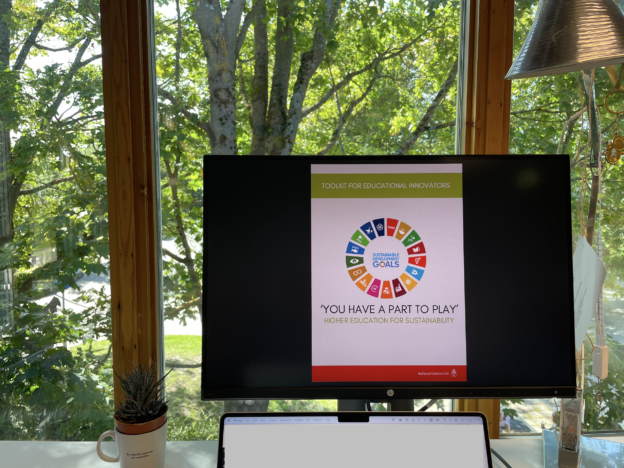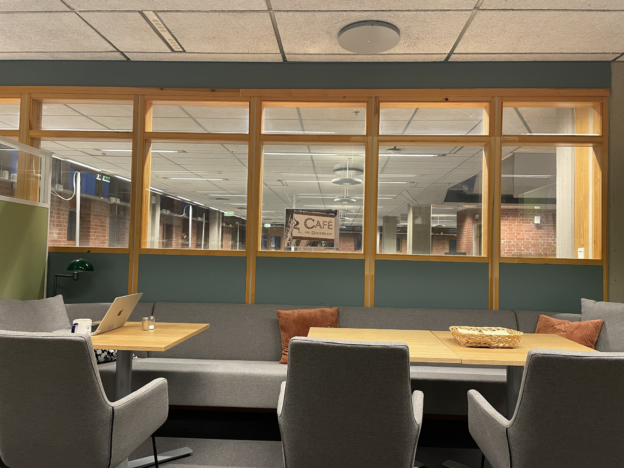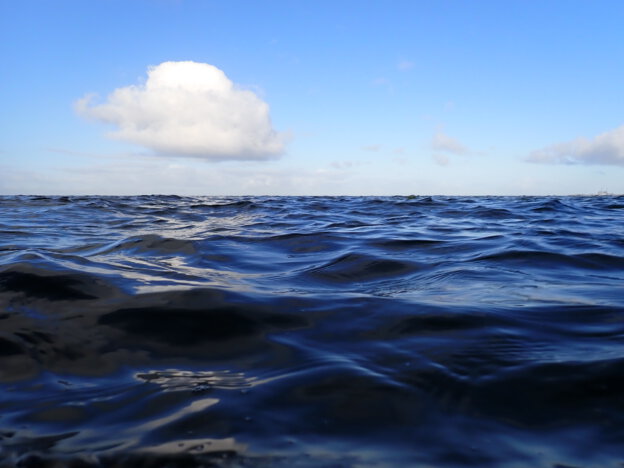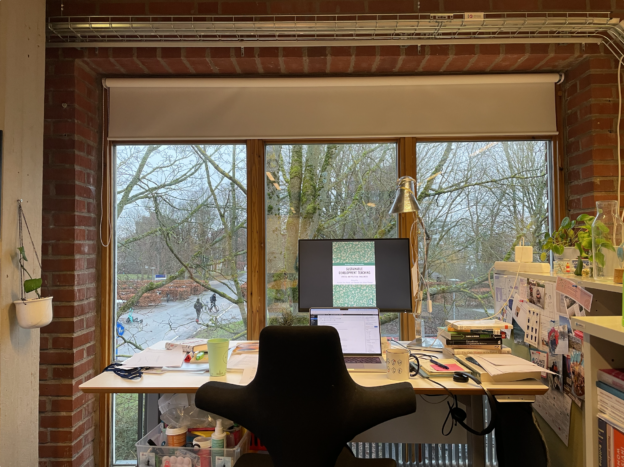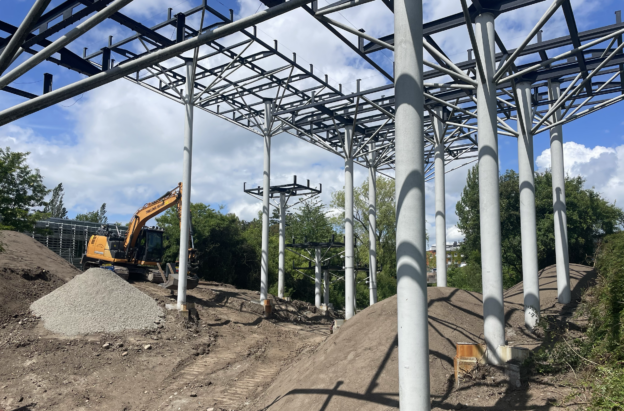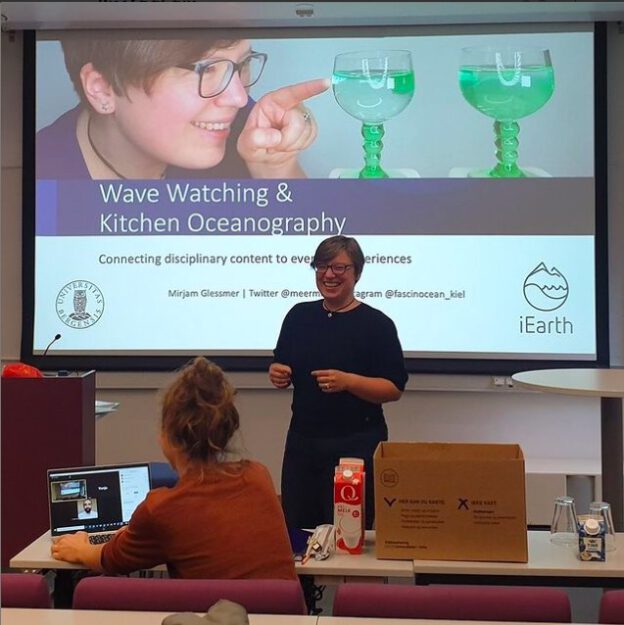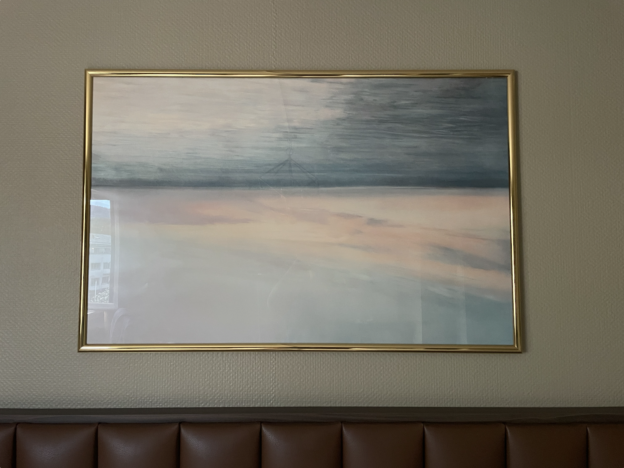I’m currently preparing for several consulting projects where I’ll be supporting groups of teachers with developing their teaching to include a focus on sustainability competencies, so I am looking through what other people have done and what I can learn from that. Today, the “you have a part to play” toolkit for higher education for sustainability (Meerkerk, de Mul & Broekhaus; 2024).
